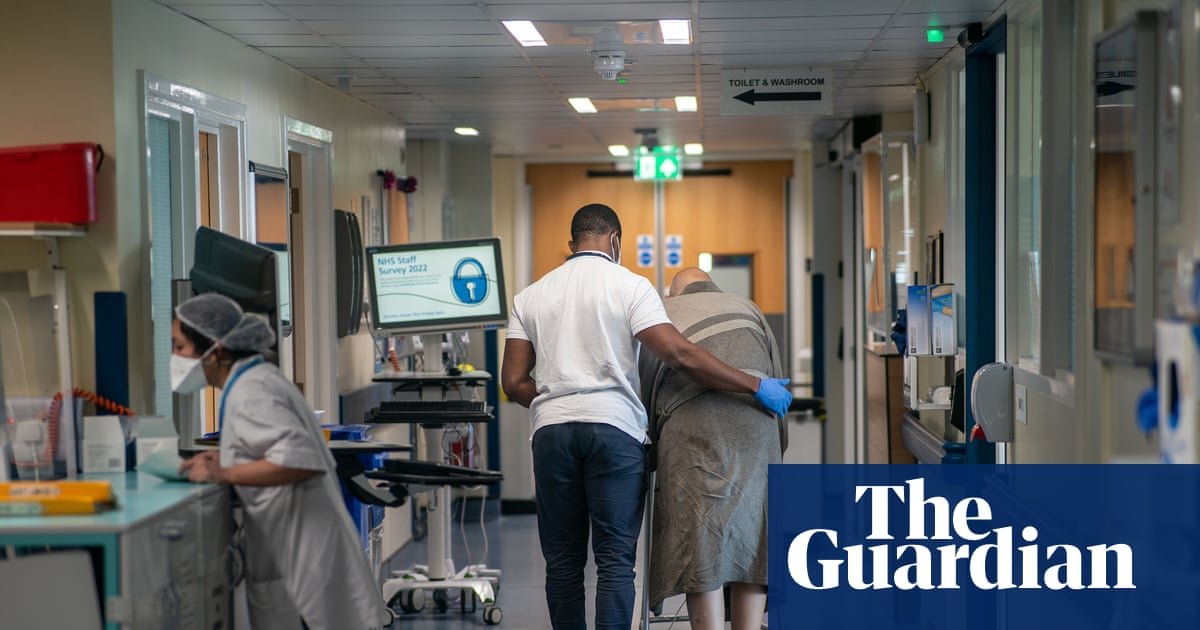Academics from Brunel University have expressed concerns that the recent overhaul of the NHS App, as part of the government’s 10-year health plan, may exacerbate existing health inequalities.
Key Concerns
- Professor Catia Nicodemo highlighted that making the app the primary access point to the NHS could alienate individuals who struggle with digital technology.
- Health Secretary Wes Streeting claimed that new AI tools integrated into the app would democratize healthcare, providing NHS patients with the same convenience as private patients.
- Nicodemo countered that this digital-first approach could worsen health disparities and increase pressure on already strained services.
- Older adults, in particular, may be excluded due to a lack of digital skills or resources.
Need for Traditional Communication
Nicodemo emphasized the importance of maintaining traditional communication methods, such as telephone and in-person services, to ensure that the focus on ‘digital by default’ does not lead to a ‘digital only’ approach.
Voices from the Academic Community
Dr. Bryan McIntosh, a reader in healthcare management at Brunel, stated:
“Ultimately it is the poor and marginalized who are forgotten. Always.”
He added that technology should be human-focused rather than merely consumer-focused to avoid dehumanizing outcomes.
Statistics on Digital Access
According to Ofcom, approximately 6% of UK households lack internet access, while Age UK reports that 33% of individuals over 75 lack basic digital skills.
Call for Inclusive Digital Innovation
Elizabeth Anderson, CEO of the Digital Poverty Alliance, stated:
“Digital innovation in healthcare holds huge promise, but only if inclusive by design.”
She noted that while modernizing the NHS App could enhance access for many, it is crucial to address the barriers faced by the 19 million people in the UK lacking digital access.
Government Response
A spokesperson from the Department of Health and Social Care responded by stating that a Digital Inclusion Action Plan is being developed, which will include maintaining non-digital communication options. They emphasized:
“Our digital transformation will modernize the NHS and make it fit for the future – but a digital NHS must be a force for inclusion.”
The spokesperson also mentioned partnerships with over 1,400 libraries and community organizations to provide free digital skills support.
